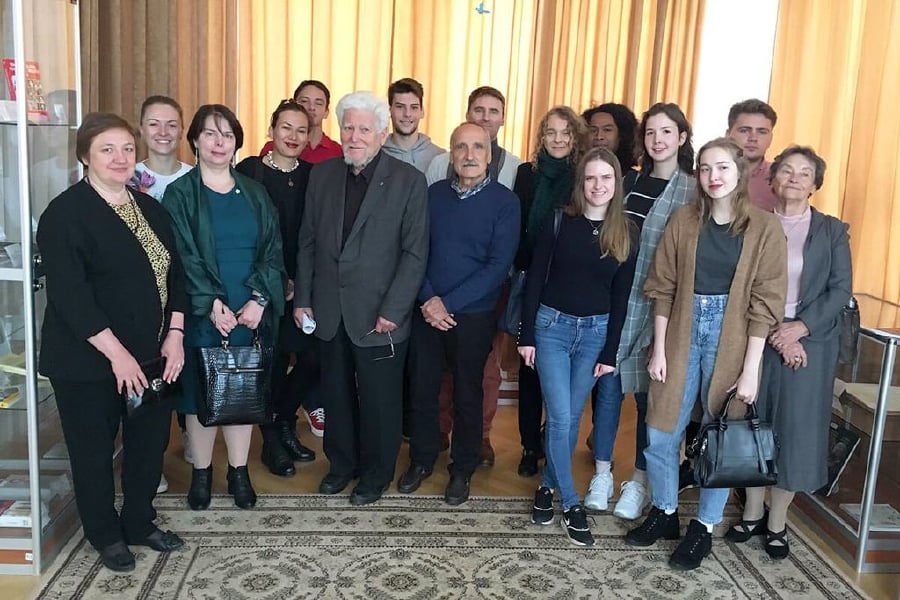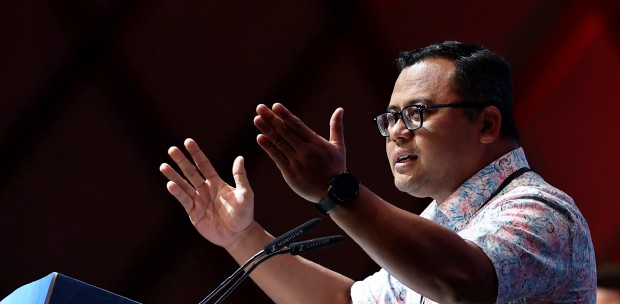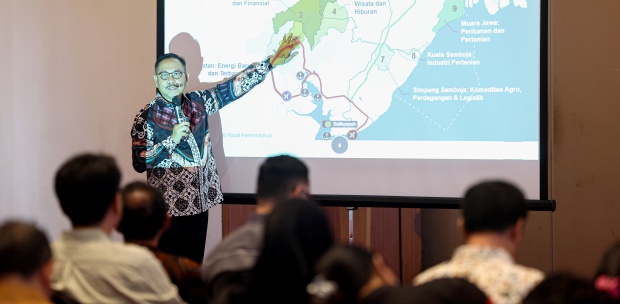DECEMBER 2022 marked 55 years since the first Malay-Indonesian Readings took place at the Institute of Oriental Languages at M.V. Lomonosov Moscow State University (now the Institute of Asian and African Studies, or ISAA).
The readings became possible thanks to the initiative of Soviet orientalists Natalia F. Aliyeva (1931-2015), Boris B. Parnikel (1934-2004) and Vilen V. Sikorsky.
They convinced academic Alexander. A. Guber (1902-1971) of the need to hold regular meetings of researchers from the Malay-Indonesian world, also known as Nusantara, and obtained his consent to become the patron of the readings.
Since then, every month from September to May, scholars, PhD candidates and students of various universities and research institutes in Moscow have had the opportunity to share their findings and research on a range of issues in the history, culture, literature, art, and ethnography of the countries in the region.
Over the 55 years of its existence, more than 500 seminars have been held (about nine times per year), including special (sometimes two-day) seminars and several major international conferences with foreign speakers.
Among them was a seminar in 1996 on nation-building and the literary/cultural process in Southeast Asia, which was attended by 48 representatives of foreign countries, including the famous poet Taufiq Ismail from Indonesia, as well as writers and scholars Ismail Hussain, Muhammad Salleh, Rahma Bujang and Rahman Shaari from Malaysia.
Taufiq even read his poems near the Kremlin wall, while Muhammad created several poems about the Leo Tolstoy Museum and his impressions of a visit to the Vakhtangov Theatre where the performance based on Alexander Pushkin's novel Queen of Spades was staged.
In 1999, the 11th European Colloquium on Indonesian and Malay Studies (ECIMS) was held, with 17 participants from 10 countries. In 2019, the International Symposium on Malay culture took place at the Centre of Oriental Literature of the Russian State Library with an exhibition of books by Malaysian writers.
In addition, the 21 issues of Malay-Indonesian Studies were published on the basis of seminar presentations (the first one in 1971).
At one time there was quite extensive international activity, among the results is the small but valuable library of the Nusantara Centre in ISAA.
The 21st edition of Malay-Indonesian Studies was prepared in honour of Professor Alexander K. Ogloblin on the occasion of his 80th birthday.
This collection includes both reports by regular participants in the readings presented at seminars, and articles by colleagues from Indonesia and Malaysia, among them Professor Abdul Hadi W.M. and Professor Ahmat Adam. Their participation shows the high international prestige of the Malay-Indonesian Readings and the Nusantara Society.
The articles of the collection reflect the diversity of cultures of the peoples of the region and its uniqueness.
There was a special online seminar last year on the eve of the anniversary with the participation of two Malaysian scholars: Dr Noor Zuhidayah Mohd Zulkipli from Universiti Pendidikan Sultan Idris with paper on Teaching Malay Culture to Foreign Speakers, and Dr Indirawati Zahid from Universiti Malaya presenting a paper about the experience of teaching Bahasa Melayu to foreign students.
As time passed, generations of students and scholars are also changing, but the Malay-Indonesian Readings go on and, we hope, will continue for a long time.
* The writer, writing from Russia, is a former lecturer at Universiti Malaya





